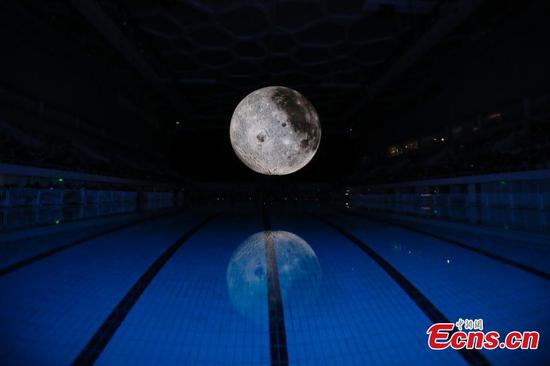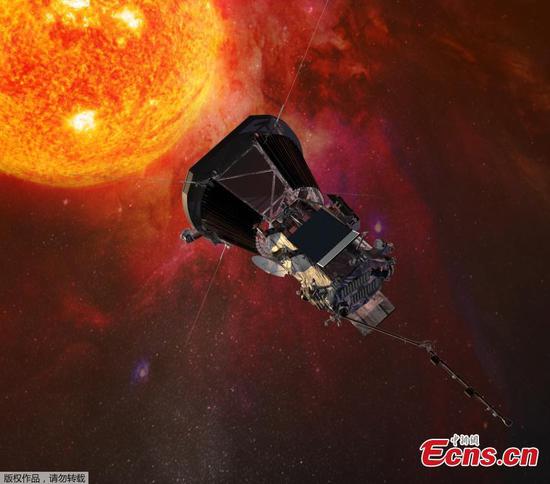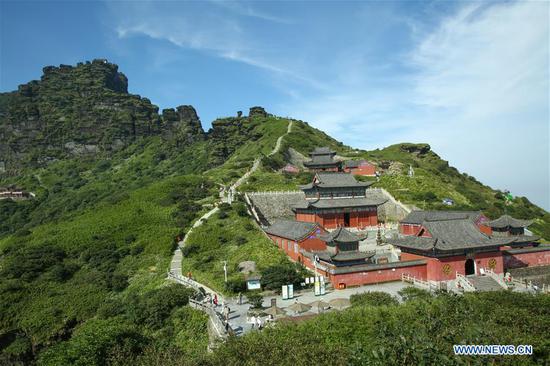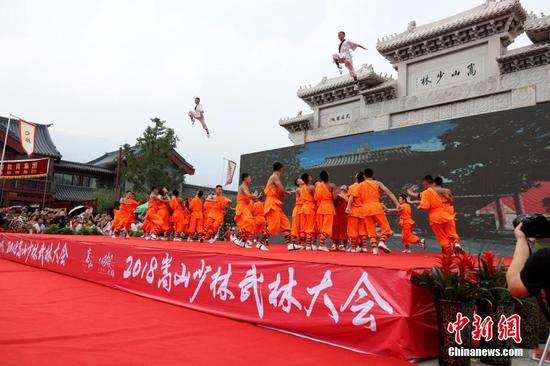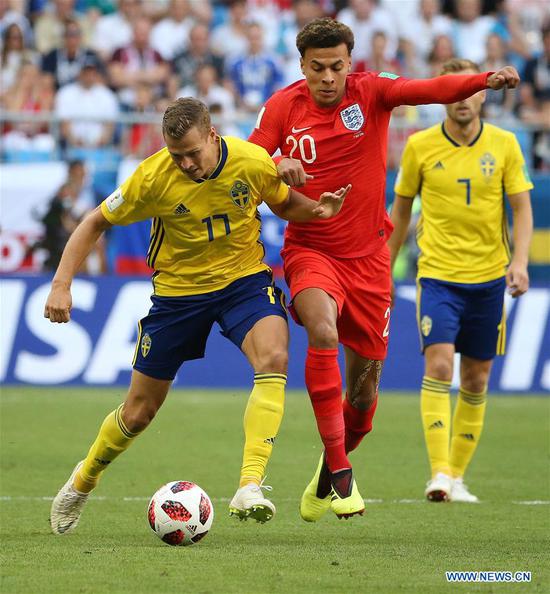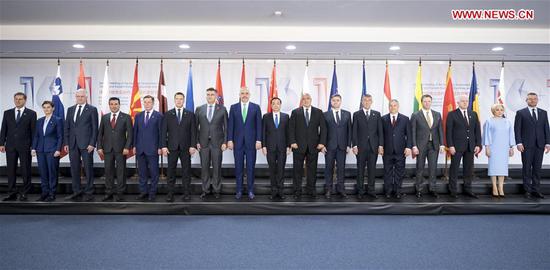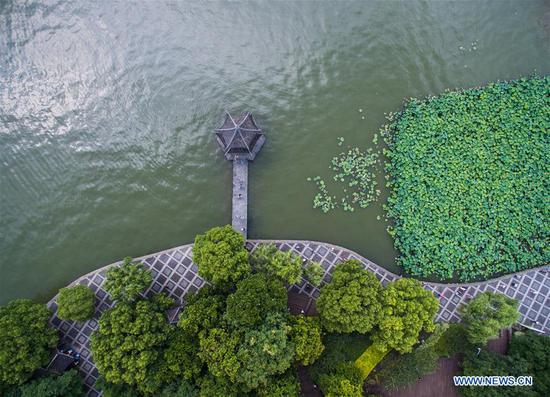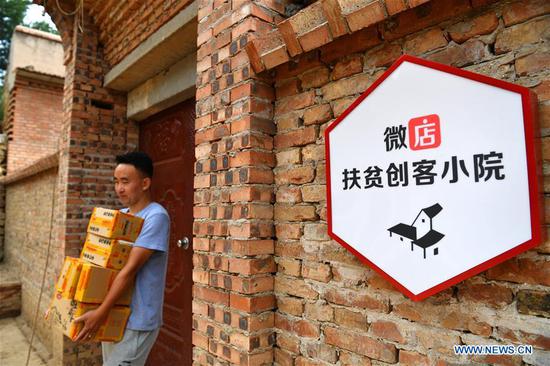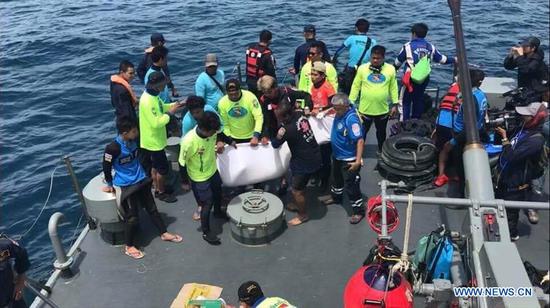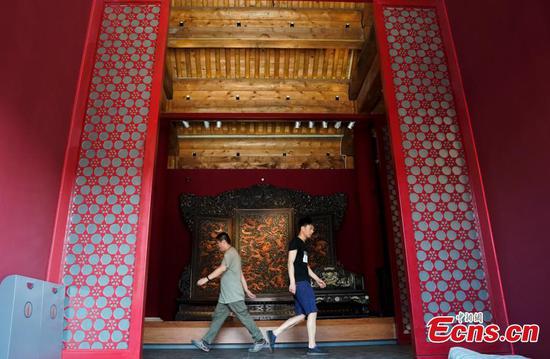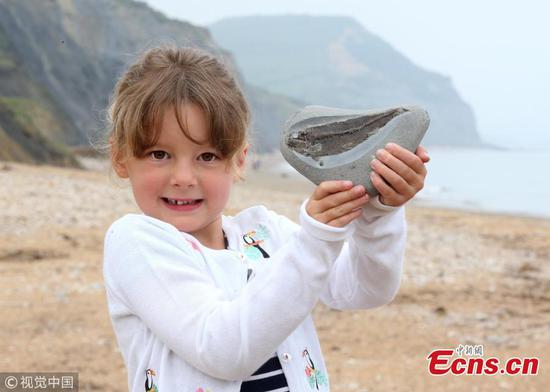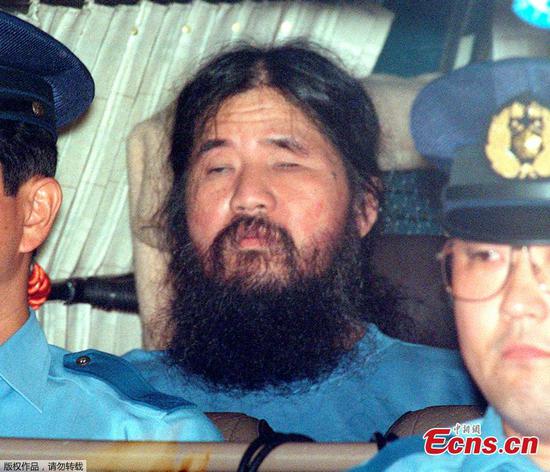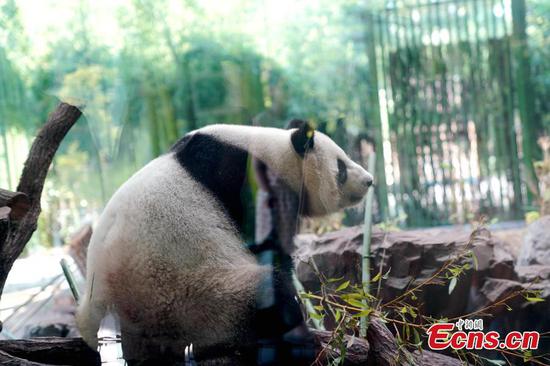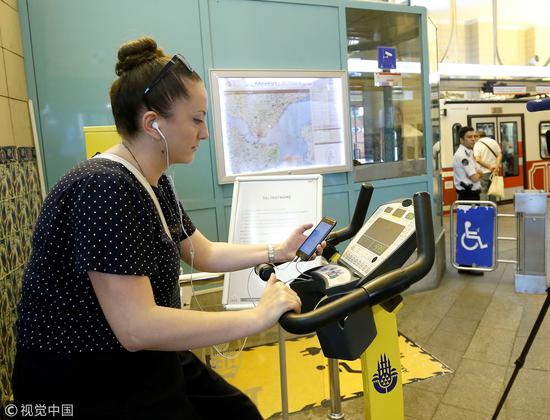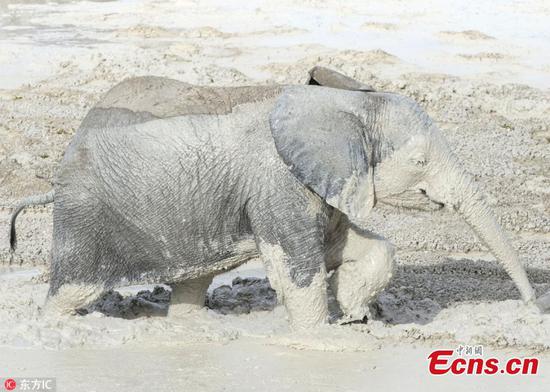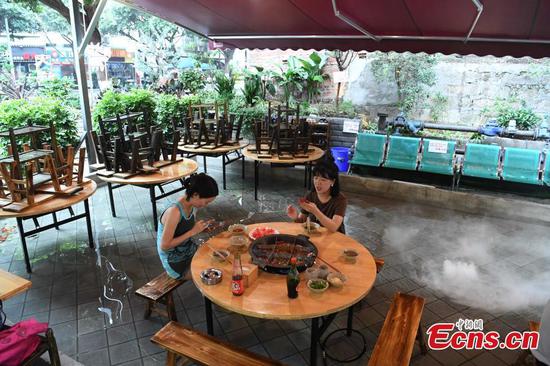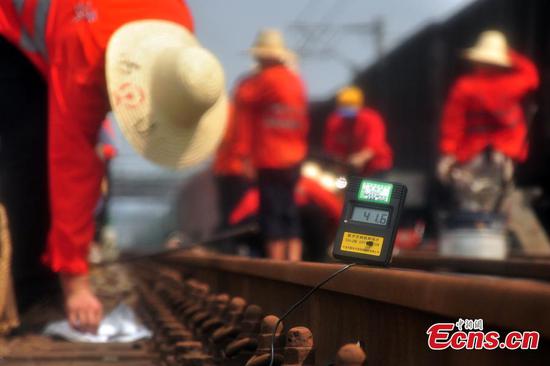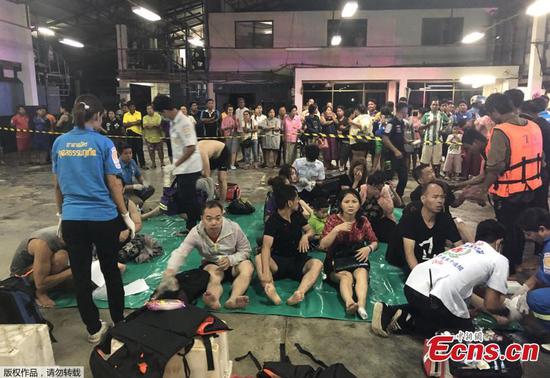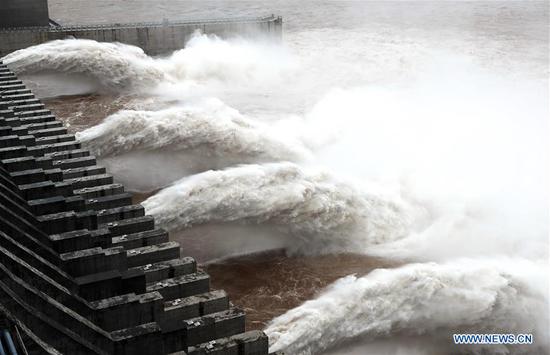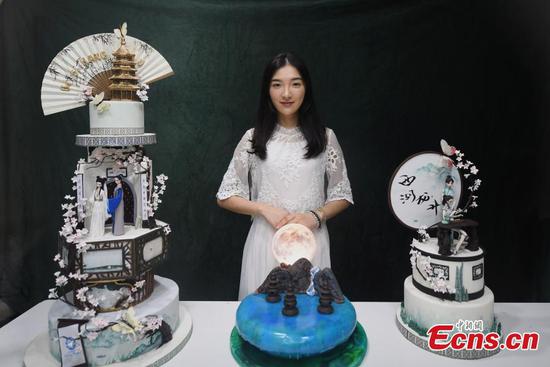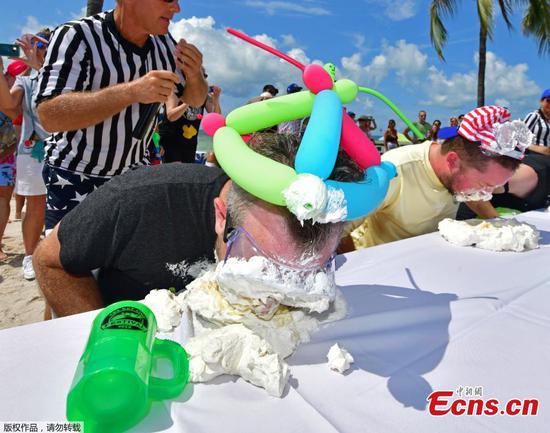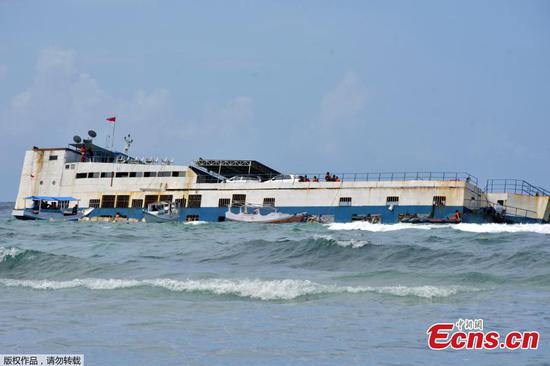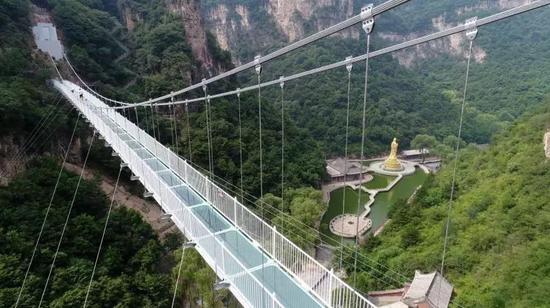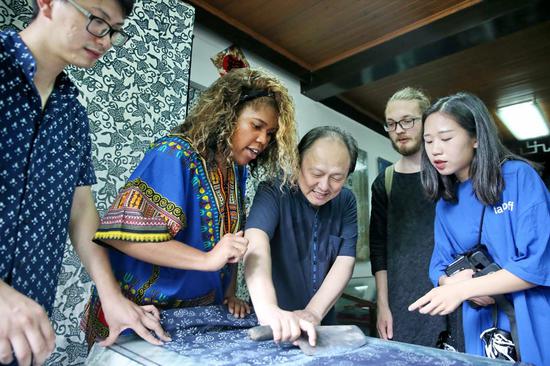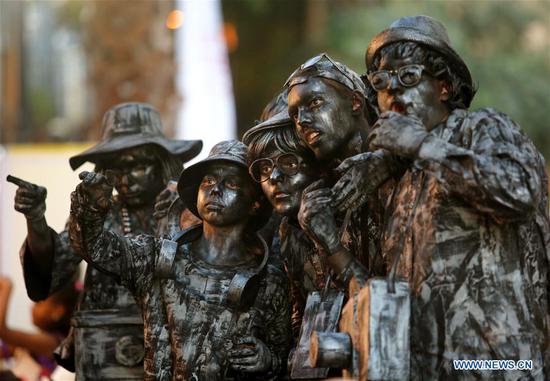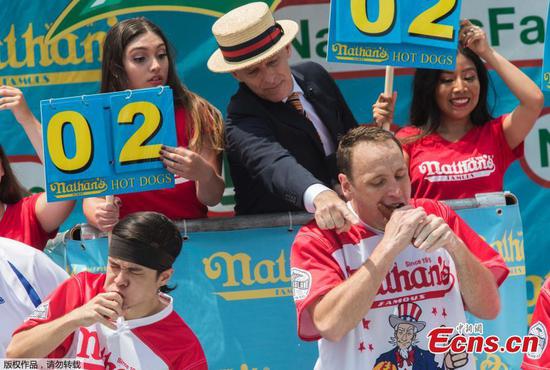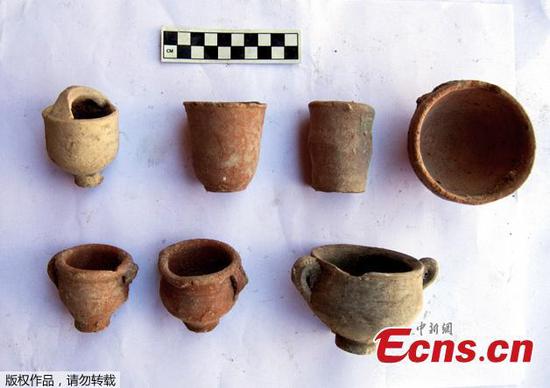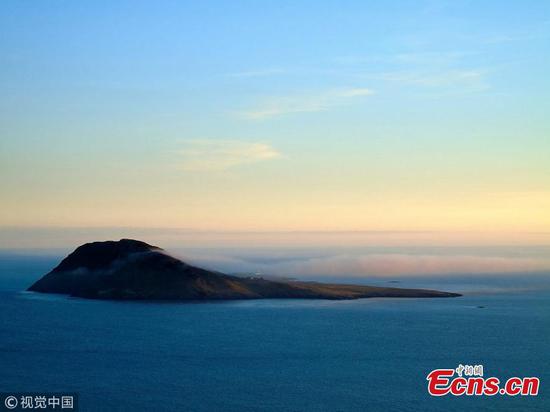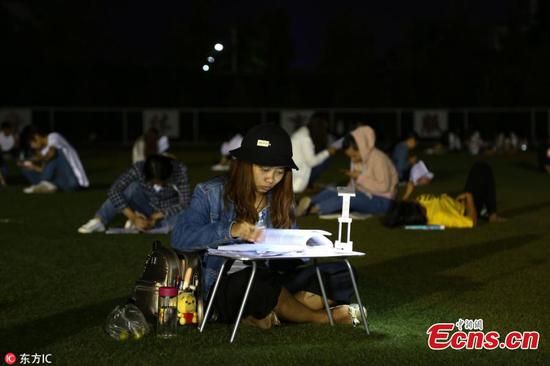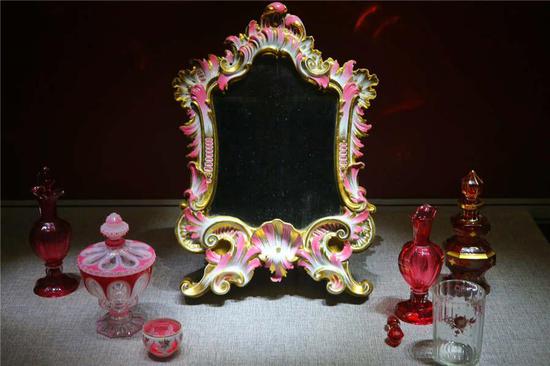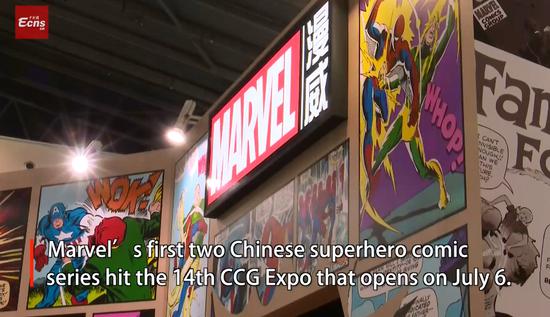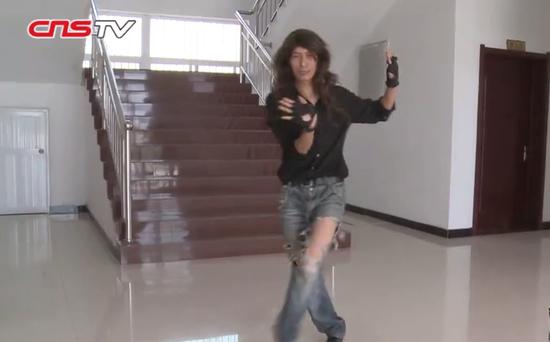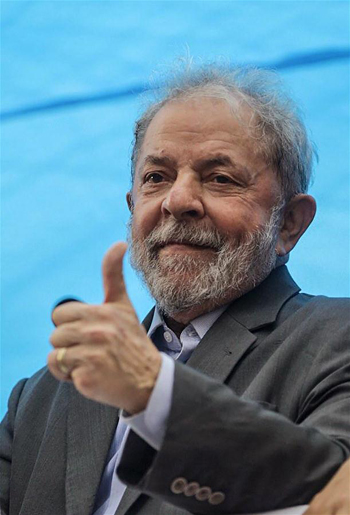
Photo taken on Jan. 23, 2018 shows former Brazilian president Luiz Inacio Lula da Silva, during an event before his trial, in Porto Alegre, Brazil. (Xinhua)
Brazil's judiciary issued contradictory orders Sunday over the controversial imprisonment of ex-president Luiz Inacio Lula da Silva, who was convicted of corruption and sent to jail in April.
Early in the day, a federal court judge ruled in favor of an appeal and ordered Lula be released immediately. That decision was denied by another federal judge, Sergio Moro, who oversaw the investigation that helped put Lula behind bars.
Moro questioned Judge Rogerio Favreto's competence as he dismissed the ruling, Brazilian news network Globo reported on its website.
"Judge Sergio Moro ... said the judge on duty did not have the authority to order Lula's release," the agency said.
Earlier Favreto, who sits on Federal Regional Court 4 in the city of Porto Alegre, accepted an appeal by three deputies belonging to Lula's Workers' Party (PT) and called for his "urgent" release from a federal police holding facility in Curitiba, capital pf Parana state, where he has served three months of his sentence.
Federal Judge Joao Pedro Gebran Neto, who also sits on Federal Regional Court 4, issued an order to overrule Lula's release.
"I determine that ... the federal police of Parana abstain from carrying out any action that changes the collegial decision" that led to Lula's conviction and sentence, Gebran Neto wrote.
The pushback sparked another call from Favreto for Lula's release.
"I order the IMMEDIATE compliance with the judicial measure to free the defendant, under penalty of punishment for non-compliance with a judicial order," Favreto wrote.
The head of the PT's legislative bloc in the Chamber of Deputies, Paulo Pimenta, accused Moro of "insurrection" for defying Favreto's ruling.
Lula was convicted of taking bribes from Brazilian construction giant Odebrecht in the form of a luxury beachfront apartment, in return granting the company juicy public works contracts.
His supporters say the accusations were politically motivated to prevent Lula from running for a third term in the October presidential elections.
Moro, the rapporteur in a wide-reaching investigation into graft dubbed Operation Car Wash, was the judge that last year convicted and sentenced Lula to nine and a half years in prison, a sentence that was later extended by an appeals court that ruled against Lula.









